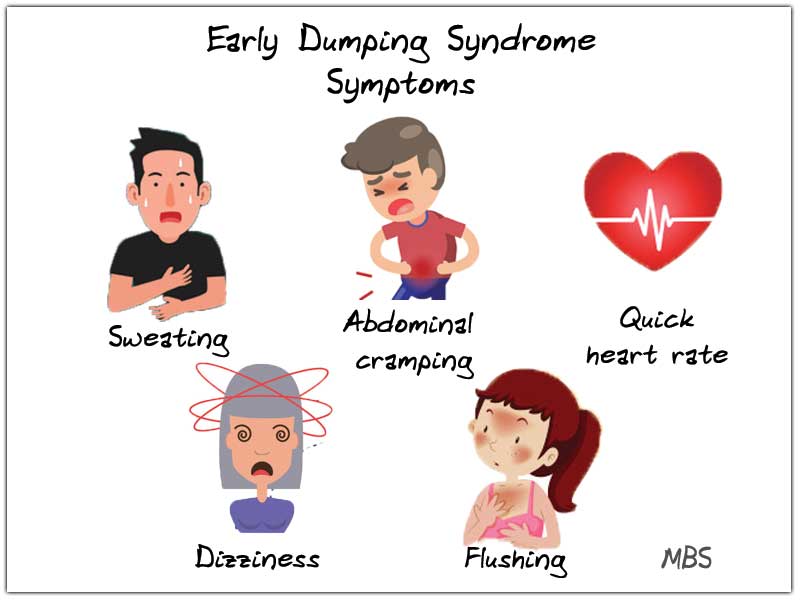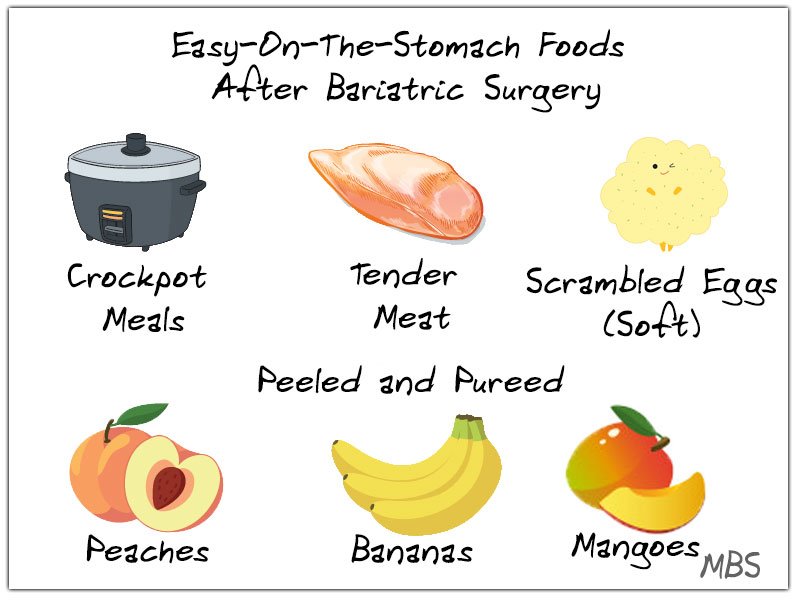Week 4 Post-Op Bariatric Surgery Instructions
Medically Reviewed by Katelyn J. Mock, US-Registered Dietician (R.D.)
By the fourth week and almost one month after bariatric surgery, most people are getting into a routine with their meals and snacks. Everything may feel like a mini-meal compared to before surgery.
For gastric sleeve patients, the end of this week is when you can begin to have moist, well-cooked, and tender solid foods. As you transition away from an all-liquid/pureed diet, try no more than 1 new item per meal or snack.
Introducing 1 food at a time will tell you which food you’re unable to tolerate.
Well-Tolerated Foods
- The best-tolerated items will be soft, tender, moist foods.
The most well-accepted foods include
- crockpot
- slow cooker meals with veggies and tender meats
- soft scrambled eggs
- tofu
- beans/lentils in a soup or sauce
- canned tuna or other canned meat mixed with a cream-based soup.
Other well-tolerated foods include
- soup with beans
- veggies
- small chunks of meat
- freshly peeled bananas
- freshly peeled peaches
- freshly peeled mangos
- freshly peeled nectarines
Foods to Be Cautious About
- Limit soups or sides with rice or pasta as those soft, doughy, starchy foods can make you feel bloated and are not as high in protein or fiber.
- Continue to be cautious with raw vegetables, “seedy” berries, fruit with the skin on, nuts/seeds, bread, pasta, rice, and popcorn.
- Patients often find they can easily consume crackers, and other “crispy, crunchy, carbohydrates,” but overeating and grazing on these types of food can lead to weight regain.
Many individuals find they want to continue to limit these “snack” type foods to maximize their weight loss, as these foods do not provide substantial nutrition.
Dumping Syndrome After Bariatric Surgery
Dumping Syndrome is more common in Roux-en-Y gastric bypass patients but can be seen with the Gastric Sleeve as well. It is important to be aware of dumping syndrome and the causes, signs, and symptoms.
Dumping syndrome can also occur with high fat, greasy, or fried foods and dairy products (frequently ice cream, milk, and some yogurts).
Early dumping normally occurs within 60 minutes of eating and can last an hour.

Symptoms range from sweating, lightheadedness, an increase in heart rate, nausea, vomiting, abdominal cramping, and flushing.
View in Article[2]Craggs-Dino, Lillian DHA, RDN, LDN. Vertical Sleeve Gastrectomy- Considerations and Nutritional Implications. Today’s Dietitian. May 2014 Issue. Vol. 16 No. 5 P. 44
View in Article
Late dumping typically occurs 1-3 hours after a meal or snack and is caused by reactive hypoglycemia or low blood sugar.
Symptoms typically include sweating, shakiness, loss of concentration, hunger, and even fainting.
Tip of the Week:
- Remember to stop drinking 15-30 minutes before a meal and wait 30 minutes after.
- If you feel thirsty during or right after a meal, try having a mint to help cleanse your palate until you can drink more.
- If you must have something to drink, take 1-2 sips of water slowly.
Sources:
- Bariatric Surgery: Postoperative Concerns. ASMBS Public/Professional Education Committee- May 23, 2007. Revised on February 7, 2008.
- Craggs-Dino, Lillian DHA, RDN, LDN. Vertical Sleeve Gastrectomy- Considerations and Nutritional Implications. Today’s Dietitian. May 2014 Issue. Vol. 16 No. 5 P. 44


